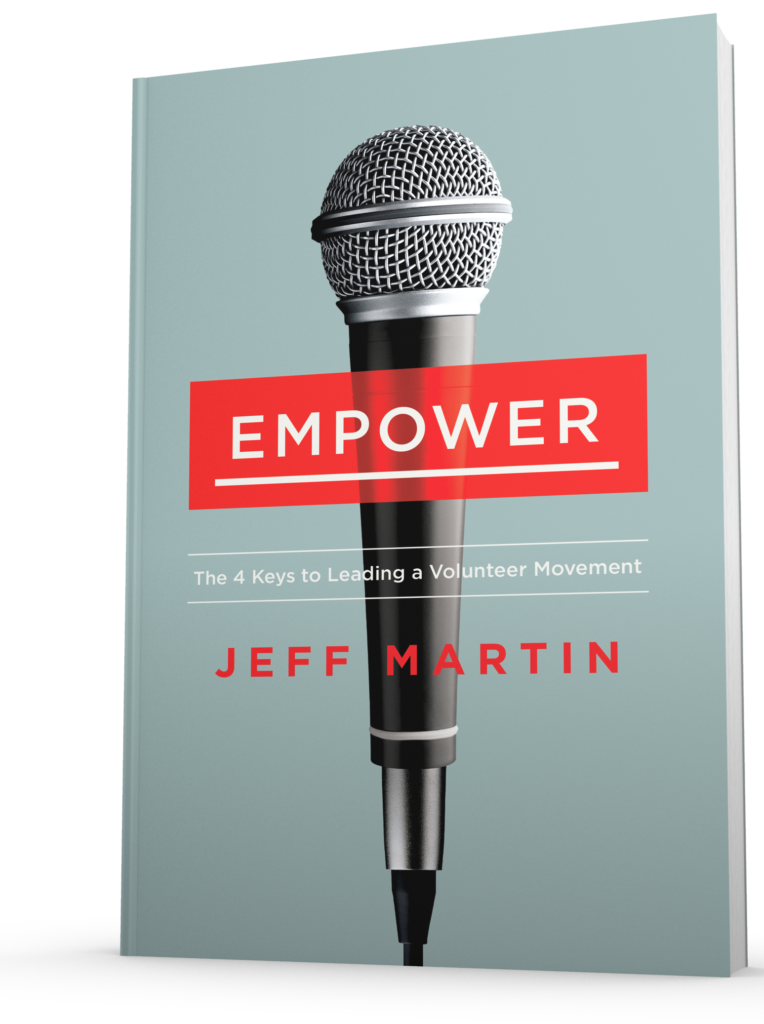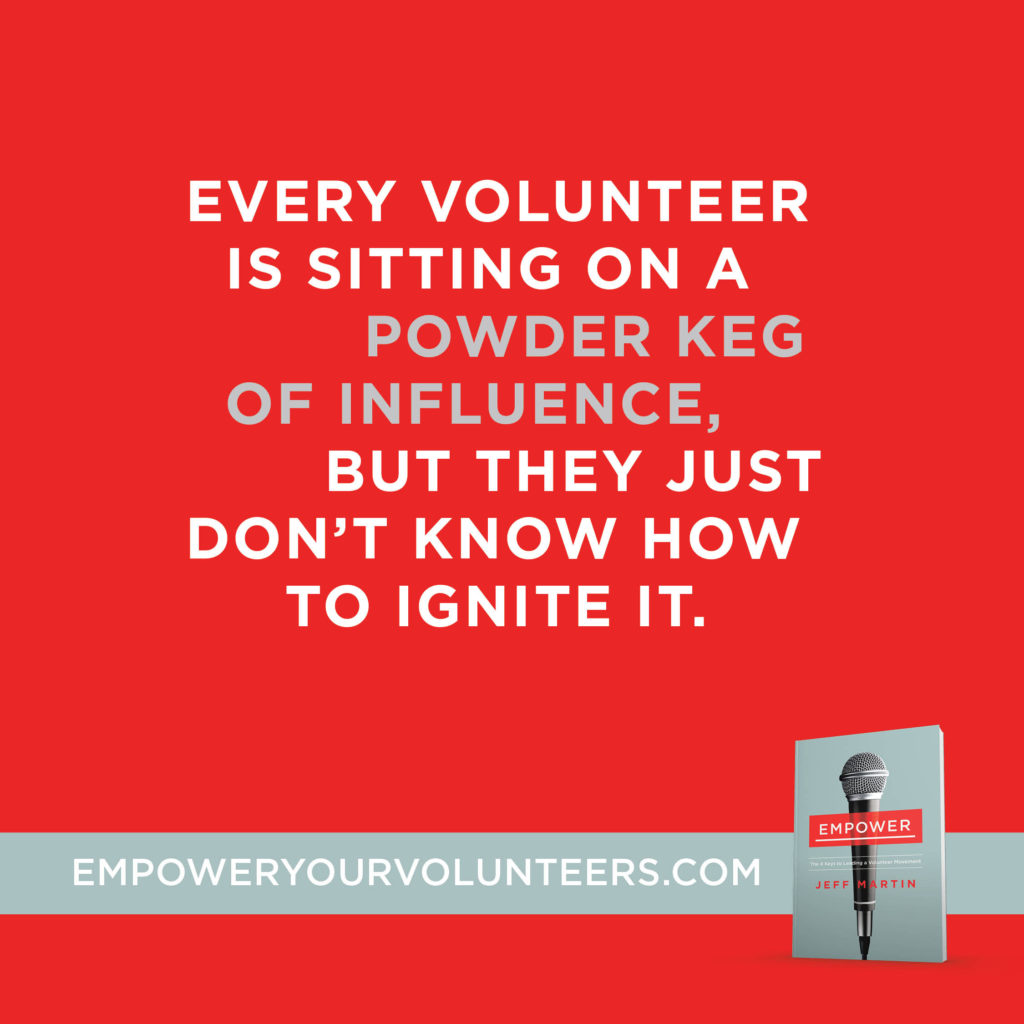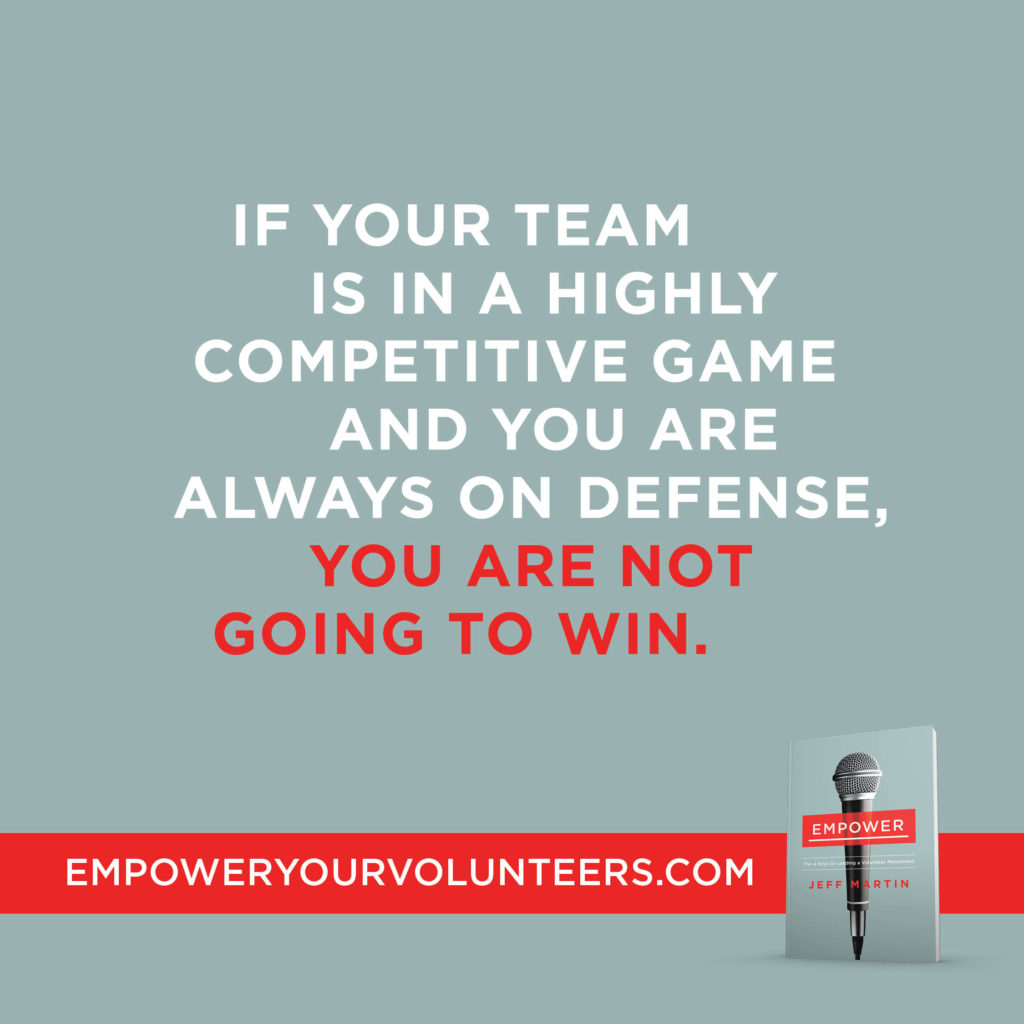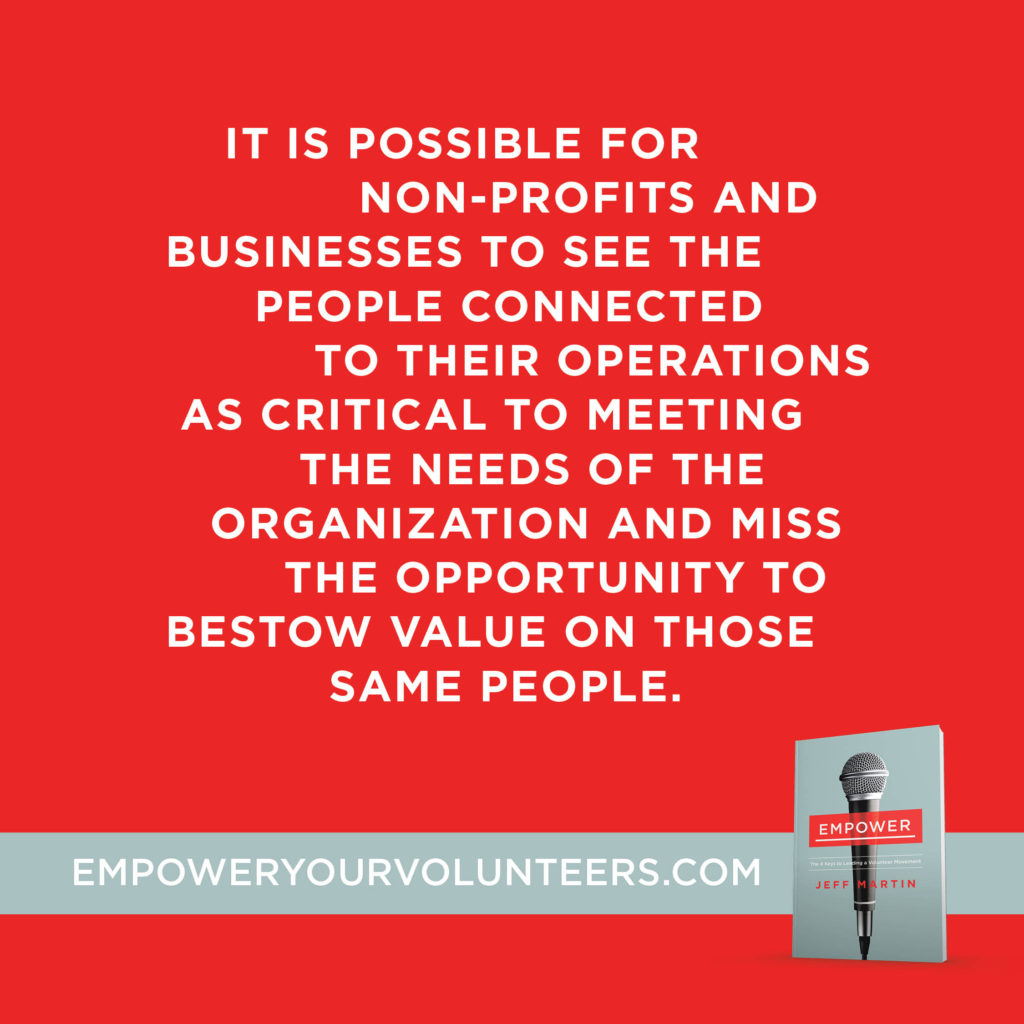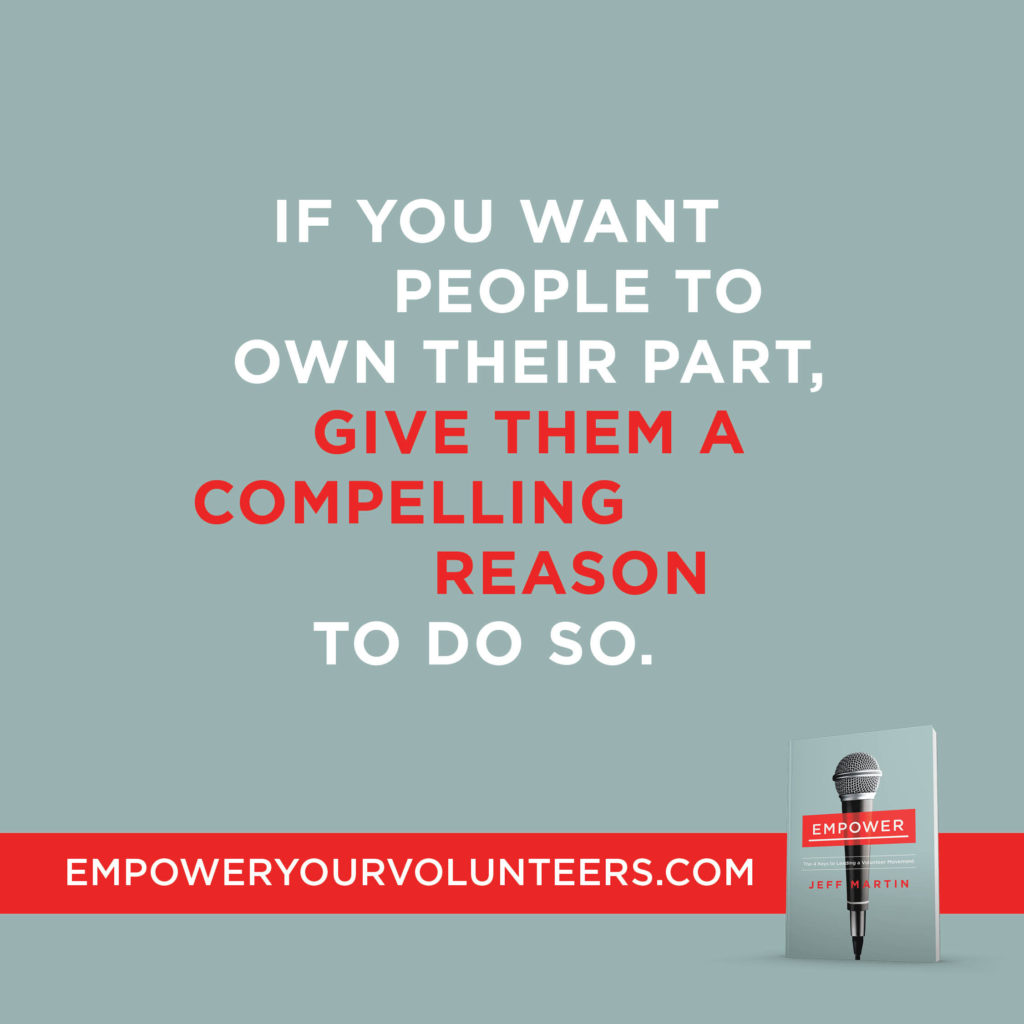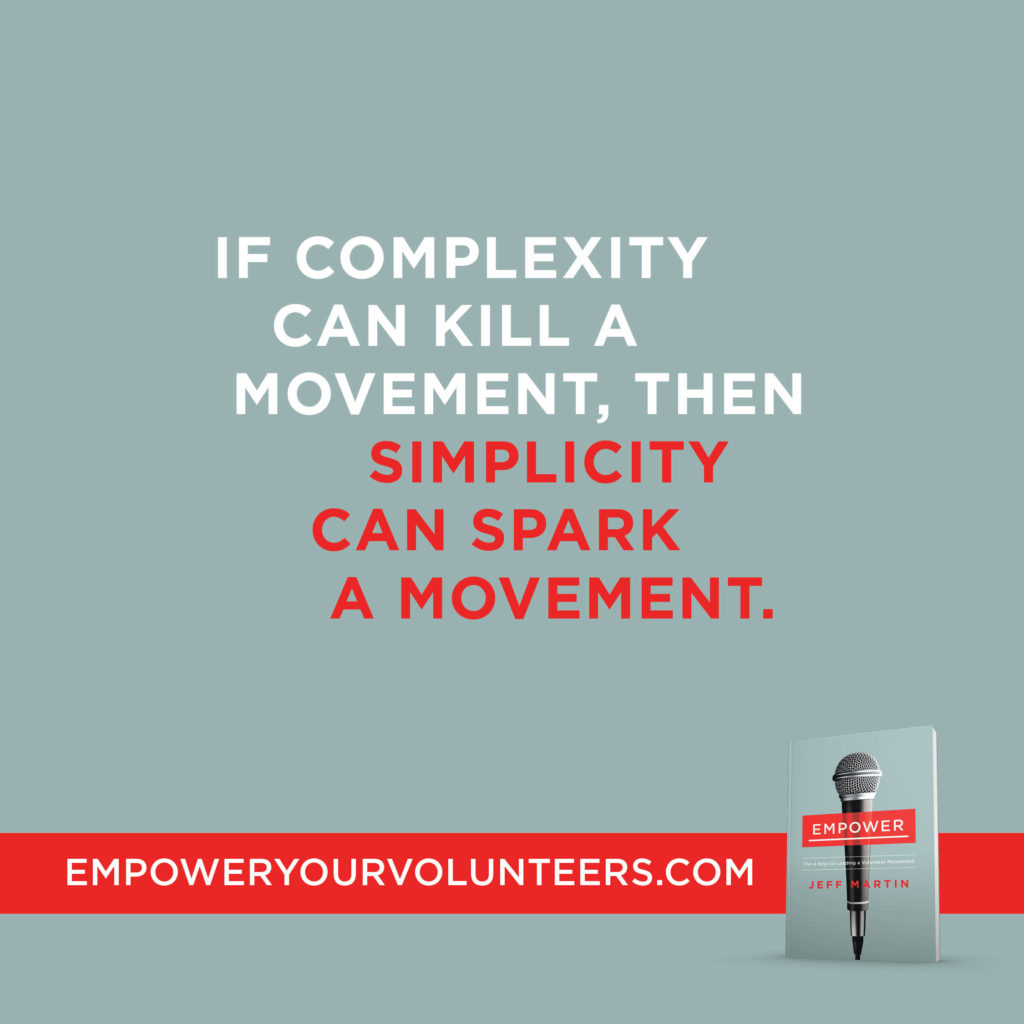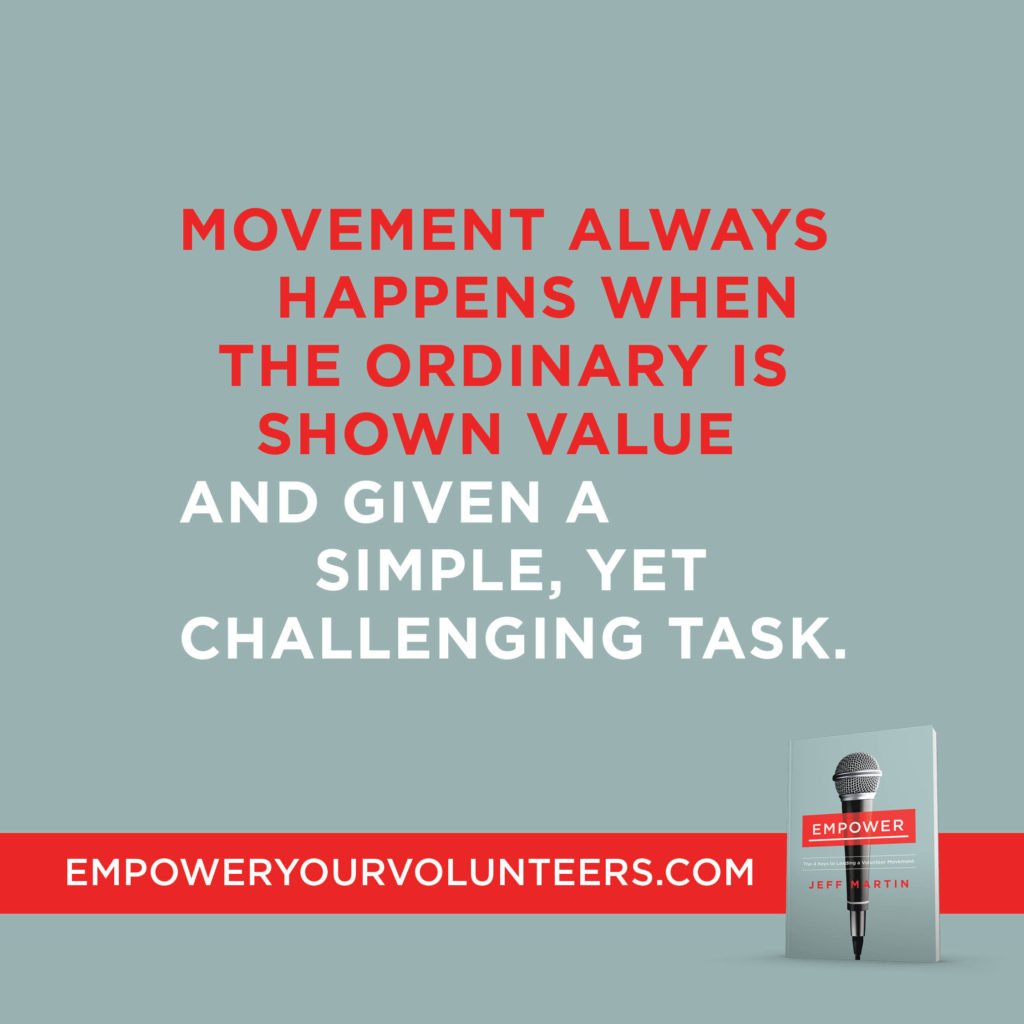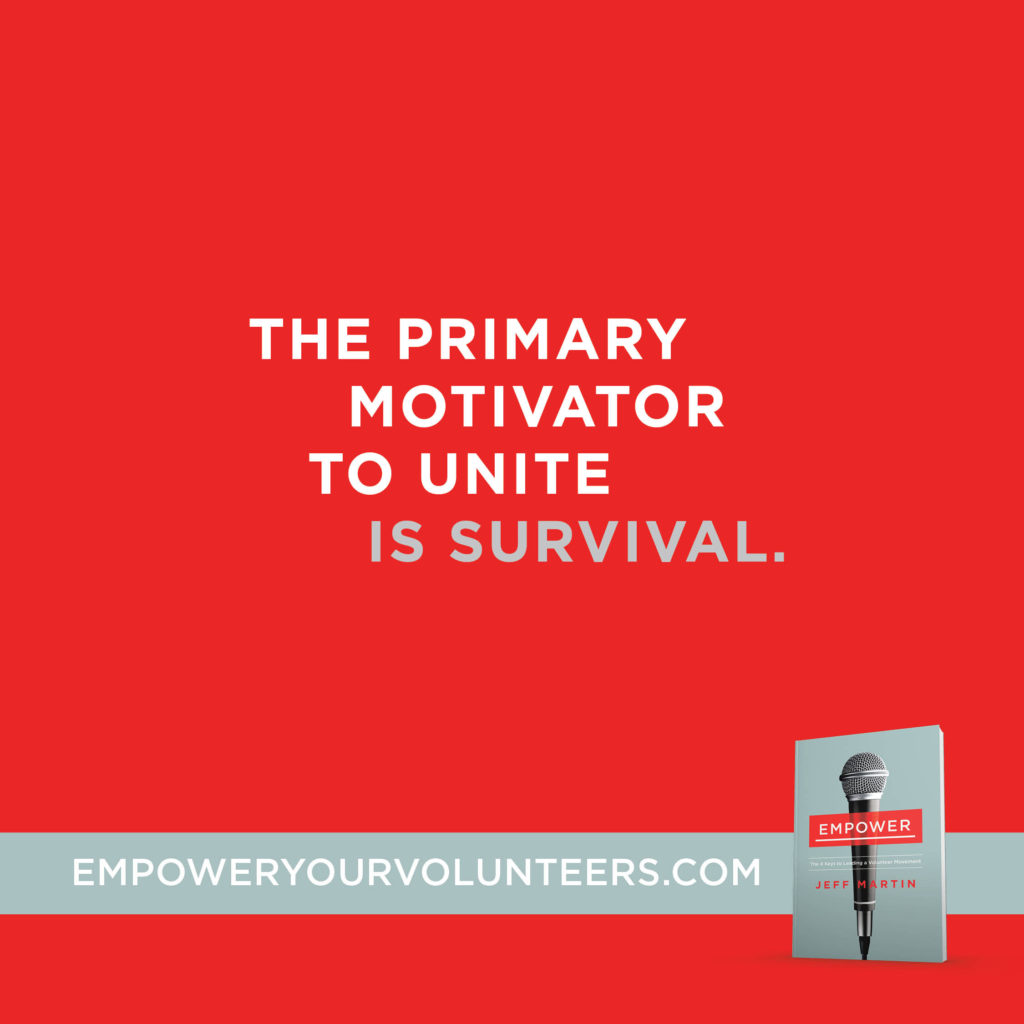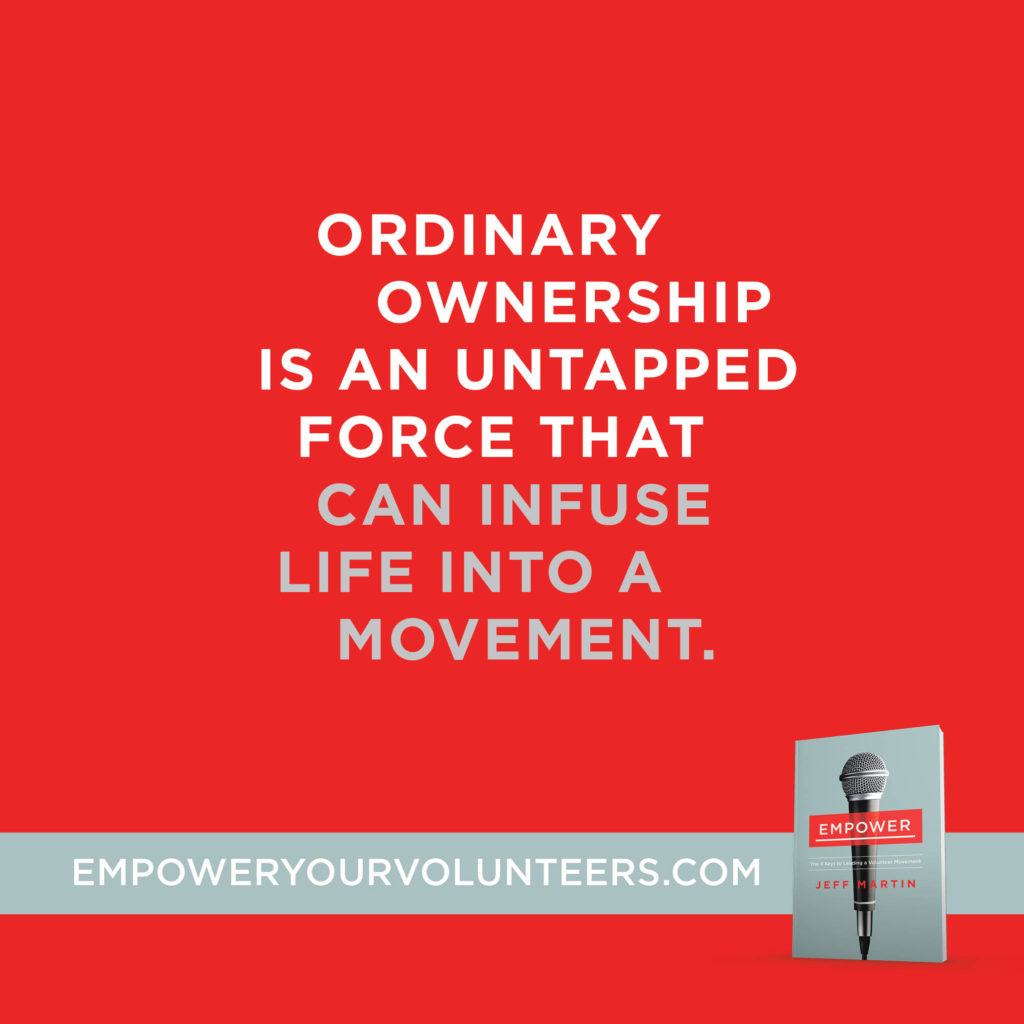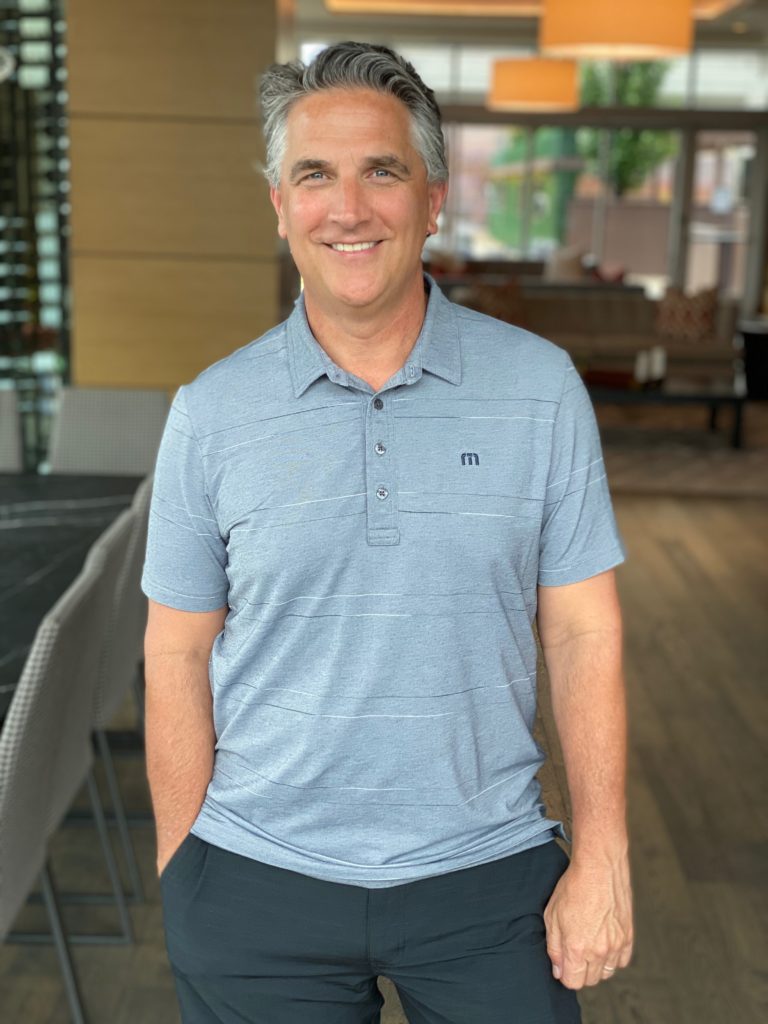Empower sample chapter
about
How do you lead a movement?
Movements that unify millions and sustain national relevance over the course of decades are hard to come by. They’re even harder to plan and predict. But that is exactly what happened and is captured with stunning detail in this book.
In Empower, Jeff Martin drills in to four key principles that can unlock a volunteer-led movement. They were unearthed from an event he founded in 2004 called “Fields of Faith” that focused on giving ordinary people the microphone. It has impacted and united millions of people, thousands of volunteers, and countless community organizations. Each year, over 250,000 people gather on one night in communities across the country.
How was he able to lead this movement? How can you lead a movement? Empower will give you the four keys—value, simplicity, commonality, and ownership—to lead a movement of your own.
coaching with Jeff
Order 10 or more copies of the book for your team and receive a free coaching call with Jeff. Purchase the books at any retailer, then click here to redeem your order and set up the call.
resources
PDF
Empower discussion guide
PDF
Jeff Martin on the Do the Thing Movement Podcast
Podcast
Jeff Martin on the Build Your Best Family Podcast
Podcast
Jeff Martin on the Group Answers podcast
Podcast
quotable quotes
“Movement always happens when the ordinary is shown value and given a simple, yet challenging task.”
“The primary motivator to unite is survival.”
“People don’t just want to take in something, they want to take on something.”
“Ordinary ownership is an untapped force that can infuse life into a movement.”
“If you want people to own their part, give them a compelling reason to do so.”
“Spectators never start or grow anything. They just spectate.”
“If complexity can kill a movement, then simplicity can spark a movement.”
an excerpt from Empower
Movements that unify millions of people around a common cause and have ongoing national impact over the course of two decades are rare. They’re also incredibly hard to plan and predict. This is especially true if the core of the movement is based on volunteers as the primary pillars on which everything stands.
Add to that scenario minimal funding, no centralized infrastructure, no facilities, no marketing or advertising department, no social media teams or technology department support, and the birthing of that movement appears laughable if not impossible.
But that is exactly what we saw happen . . .
requests
For speaking requests, please fill out this form.
For press inquiries regarding Empower, please contact [email protected]

